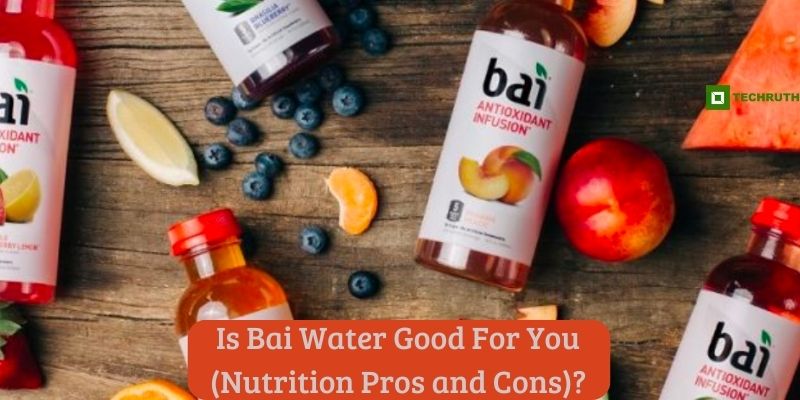Is Bai Water Good For You: In a world where beverage choices abound, Bai water has emerged as a popular option, boasting various health claims and intriguing flavors. Marketed as an antioxidant-infused beverage, Bai has gained traction among health-conscious consumers. However, with numerous products claiming health benefits, it’s essential to delve deeper into the specifics to determine whether Bai Water lives up to its reputation.
What is Bai Water?
Bai Brands was established in 2009 by Ben Weiss, inspired by his fascination with the coffeefruit. Specializing in low-calorie fruit beverages, the company presently presents five distinct product lines, each featuring a diverse assortment of flavors. Its key ingredients include coffeefruit (the fruit surrounding the coffee bean) extract and antioxidants derived from blackberries, blueberries, and other exotic fruits. This concoction is combined with purified water to create a low-calorie, naturally sweetened drink.
Antioxidant Content
One of the main marketing points for Bai water is its antioxidant content. Antioxidants are compounds that help neutralize free radicals in the body, potentially reducing oxidative stress and the risk of chronic diseases. The coffee fruit extract in Bai water is purported to be a rich source of antioxidants, particularly polyphenols.
Low Calorie and Low Sugar
Unlike many sugary beverages, Bai water is often praised for its low-calorie content and minimal sugar. Using sweeteners like erythritol and stevia, Bai manages to provide sweetness without the caloric load of traditional sugar-laden drinks. For individuals seeking a flavorful drink without excessive sugar intake, Bai can be an appealing option.
Electrolytes and Hydration
Some variations of Bai water contain electrolytes like potassium. Electrolytes play a vital role in maintaining proper hydration and supporting bodily functions. Incorporating these minerals in Bai water can enhance its appeal for those seeking a hydrating beverage that offers more than just basic refreshments.
Caffeine Content
While not all Bai products contain caffeine, some variations include it as an ingredient. This addition can provide a mild energy boost, similar to a cup of green tea. However, individuals sensitive to caffeine should be mindful of the specific Bai flavors that contain it.
Is Bai Water Good For You?
Determining whether Bai water is “good” for you depends on various factors, including personal health goals, dietary preferences, and overall lifestyle choices.
Pros
Antioxidant-Rich
Bai water contains antioxidants sourced from coffee fruit extract and various fruits. Antioxidants help combat free radicals in the body, potentially reducing oxidative stress and supporting overall health.
Low Calorie
With minimal calories, Bai water offers a flavorful alternative to sugary drinks, making it an appealing choice for individuals aiming to manage calorie intake without sacrificing taste.
Electrolyte Inclusion
Some Bai water variations incorporate electrolytes like potassium. Electrolytes aid in hydration and can be beneficial, especially for individuals seeking a drink that not only refreshes but also replenishes essential minerals.
Variety of Flavors
Bai water comes in a wide array of flavors, appealing to diverse taste preferences. This variety allows consumers to explore different tastes without compromising on health-conscious choices.
Natural Ingredients
Bai water is crafted with natural ingredients, including coffee fruit extract and fruit-derived antioxidants. This emphasis on natural sources can appeal to individuals seeking minimally processed beverages.
Hydration Support
Beyond quenching thirst, Bai water, especially those with added electrolytes, aids in proper hydration. Electrolytes like potassium assist in maintaining fluid balance in the body, crucial for various bodily functions.
Sugar-Free Alternative
Bai water offers a sugar-free alternative to many other beverages on the market. This absence of added sugars makes it an attractive option for individuals managing blood sugar levels or aiming to reduce sugar intake.
Convenience and Availability
Bai water is widely available in various retail outlets, offering convenience to consumers seeking healthier beverage options. Its accessibility in different flavors and sizes adds to its appeal.
Cons
Artificial Sweeteners
Certain Bai water flavors use artificial sweeteners like erythritol and stevia. While considered safe for most, some individuals might experience gastrointestinal discomfort or have personal preferences against these sweeteners.
Caffeine Content
Some Bai flavors contain caffeine, which could be a drawback for individuals sensitive to caffeine’s effects or those trying to limit their intake. Excessive caffeine consumption can lead to jitteriness, insomnia, or increased heart rate in sensitive individuals.
Taste Preferences
While Bai offers various flavors, personal taste preferences can vary significantly. Some might find the taste of Bai water less appealing or too distinct due to its unique blend of ingredients.
Individual Reactions
As with any beverage, individual reactions to specific ingredients in Bai water may vary. Factors like allergies or sensitivities to certain fruits or compounds present in the drink could pose concerns for some consumers.
Alternatives to Bai Drinks
There are several alternatives to Bai drinks that offer similar attributes or cater to specific preferences. Here’s a list of alternatives:
1. LaCroix
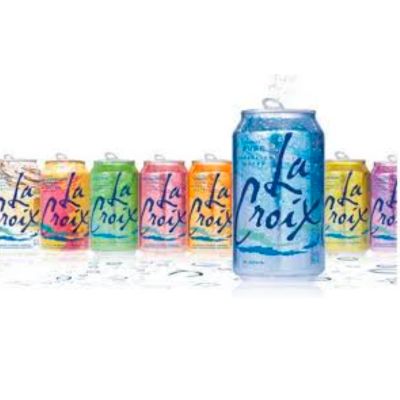
LaCroix is a popular sparkling water brand known for its wide range of flavors and zero-calorie, zero-sugar content. It’s a great option for those seeking a carbonated, flavored drink without artificial sweeteners or caffeine.
2. Sparkling Ice
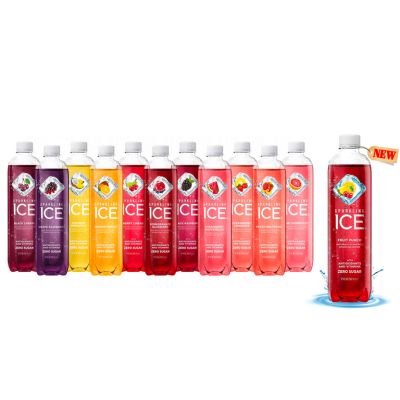
Similar to Bai, Sparkling Ice offers a variety of flavored sparkling waters. These drinks are zero-calorie and often come fortified with vitamins and antioxidants, providing a flavorful yet healthier beverage option.
3. Hint Water
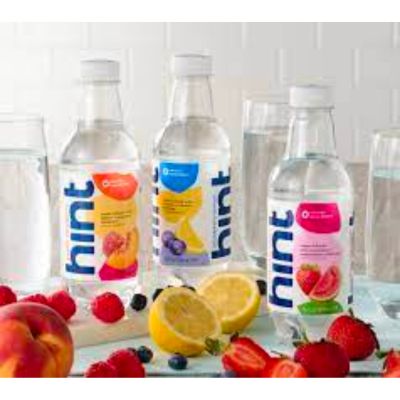
Hint Water is infused with natural fruit essences but contains no sugars, sweeteners, or artificial flavors. It’s a good choice for those who prefer a subtle hint of fruit in their water without any additional additives.
4. Vitaminwater Zero
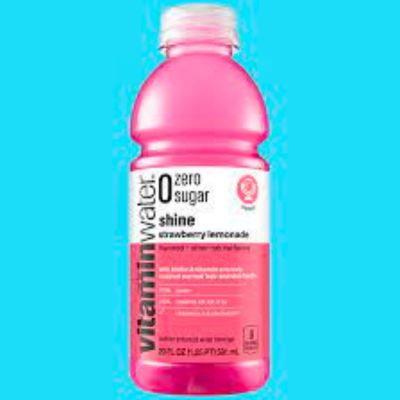
For individuals looking for a beverage with added vitamins and minerals, Vitaminwater Zero offers a range of flavors with zero calories. It’s a low-calorie alternative that includes vitamins and electrolytes.
5. Spindrift
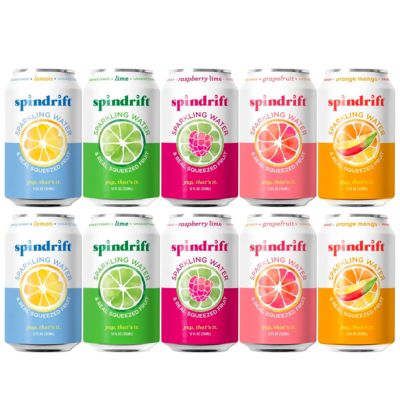
Spindrift is known for using real fruit juice in its sparkling water, providing a natural taste without added sugars or artificial flavors. It’s an excellent choice for those who prefer beverages with minimal ingredients.
6. Homemade Infusions
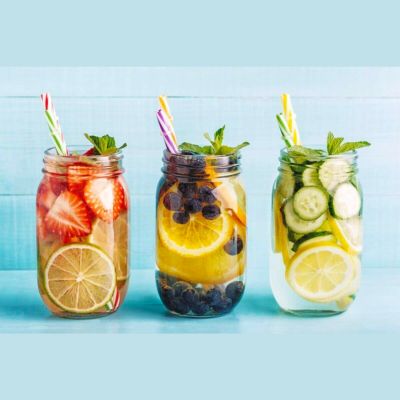
Creating your own flavored water by infusing plain water with fruits, herbs, or vegetables is a cost-effective and customizable alternative. It allows you to control the ingredients and flavors to suit your preferences.
7. Coconut Water
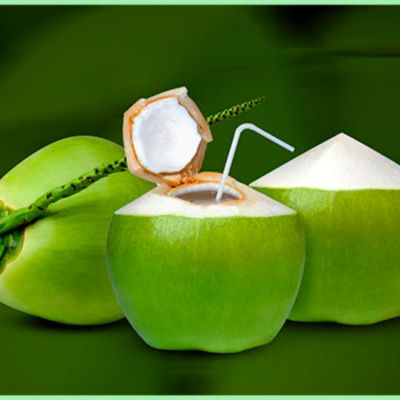
For those seeking electrolyte-rich beverages, coconut water is a natural option packed with potassium. It’s a hydrating choice without added sugars, making it suitable for many dietary preferences.
Conclusion
Bai water can be a reasonable choice for a balanced diet and lifestyle. Its low-calorie nature, antioxidant content, and electrolyte inclusion make it an attractive option for those seeking a refreshing beverage with added health benefits. However, individual reactions to artificial sweeteners or caffeine should be considered, and moderation is key when incorporating any beverage into your daily routine.
Ultimately, while Bai water offers some potential health perks, it’s essential to evaluate its compatibility with your unique health needs and preferences before making it a staple in your hydration routine. As with any food or beverage, moderation and balance remain crucial for overall health and well-being.
Frequently Asked Questions
Q:- Does Bai Have Electrolytes?
Ans:- Bai offers select products infused with electrolytes, particularly potassium. These variants aim to enhance hydration by replenishing essential minerals. However, not all Bai flavors or versions contain electrolytes, so it’s essential to check the specific product labels for this feature.
Q:- Is Bai Good For Diabetics?
Ans:- Bai’s low-calorie and sugar-free options, sweetened with erythritol and stevia, make it a potential choice for diabetics. However, individual responses vary, so monitoring blood sugar levels and considering personal tolerance to sweeteners is crucial before incorporating Bai into a diabetic diet.
You may also like:
10 Disadvantages of Drinking Lemon Water Daily
